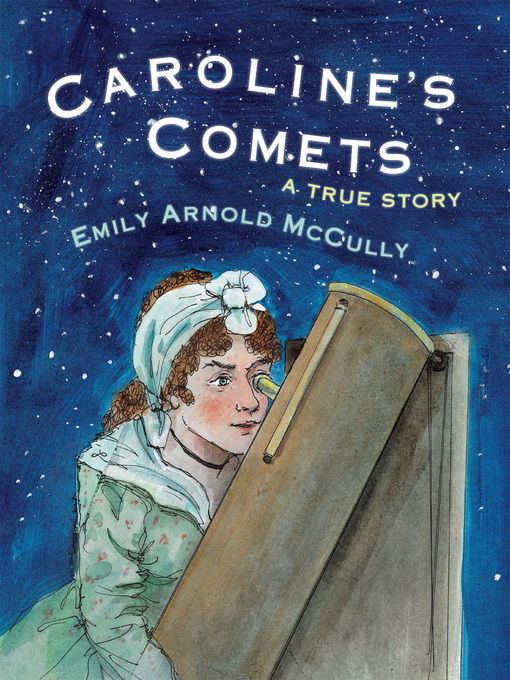-
Description
-
Creators
-
Details
-
Reviews

- Emily Arnold McCully - Author
- Emily Arnold McCully - Illustrator
Awards:
OverDrive Read
- ISBN: 9780823437962
- Release date: February 28, 2017
PDF ebook
- ISBN: 9780823437962
- File size: 13785 KB
- Release date: February 28, 2017

Loading
Formats
OverDrive Read
PDF ebook
Languages
English
